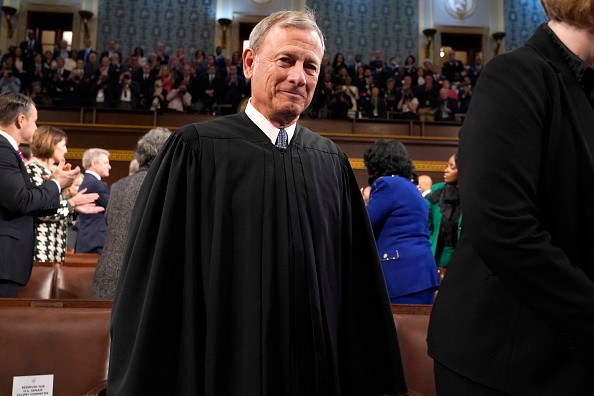AI is revolutionizing the creative, technological, and even miltary landscape. Certainly, there is a massive amount of good work on offer with the proliferation of this technology, but there are a litany of potential dangers as well.

It has gotten to the point that a sitting judge on the US Supreme Court has spoken out on the dangers of AI and how easily the wrong information can slip into actual legal briefs.
Recently former Donald Trump lawyer Michael Cohen stated in court papers, which were unsealed last week, that he accidentally gave fake case citations that were created by an AI program called Google Bard. These fake citations then made their way into an official court filing. Other lawyers who have entered in AI-generated cases into legal briefs were also noted.
This prompted the most significant legal response to the use of AI to date.In the 13-page year-end report released on Sunday, Roberts spoke of artificial intelligence's potential to give access to "indigent litigants, revolutionize legal research, and assist courts in resolving cases in an expedited, cost-efficient" manner. He also alluded to privacy concerns and the technology's inability to replicate human discretion.
"Any use of AI requires caution and humility," U.S. Supreme Court Chief Justice John Roberts was quoted as saying in a story originally published by Reuters.
Last month a federal appeals court in New Orleans made headlines when it revealed what may be the first proposed rule aimed at regulating generative AI tools that may be used by lawyers appearing before it.
What Is The Proposal About?
The proposal, put forth by the 5th U.S. Circuit Court of Appeals, would require certification by lawyers stating that they did not rely on AI programs to draft briefs or, if they did, that humans reviewed the briefs for accuracy.
"I predict that human judges will be around for a while," Roberts wrote. "But with equal confidence, I predict that judicial work - particularly at the trial level - will be significantly affected by AI."
The response by Chief Justice Roberts is the most significant AI-related commentary to date regarding the use of such technology in a court of law.
© 2026 HNGN, All rights reserved. Do not reproduce without permission.








